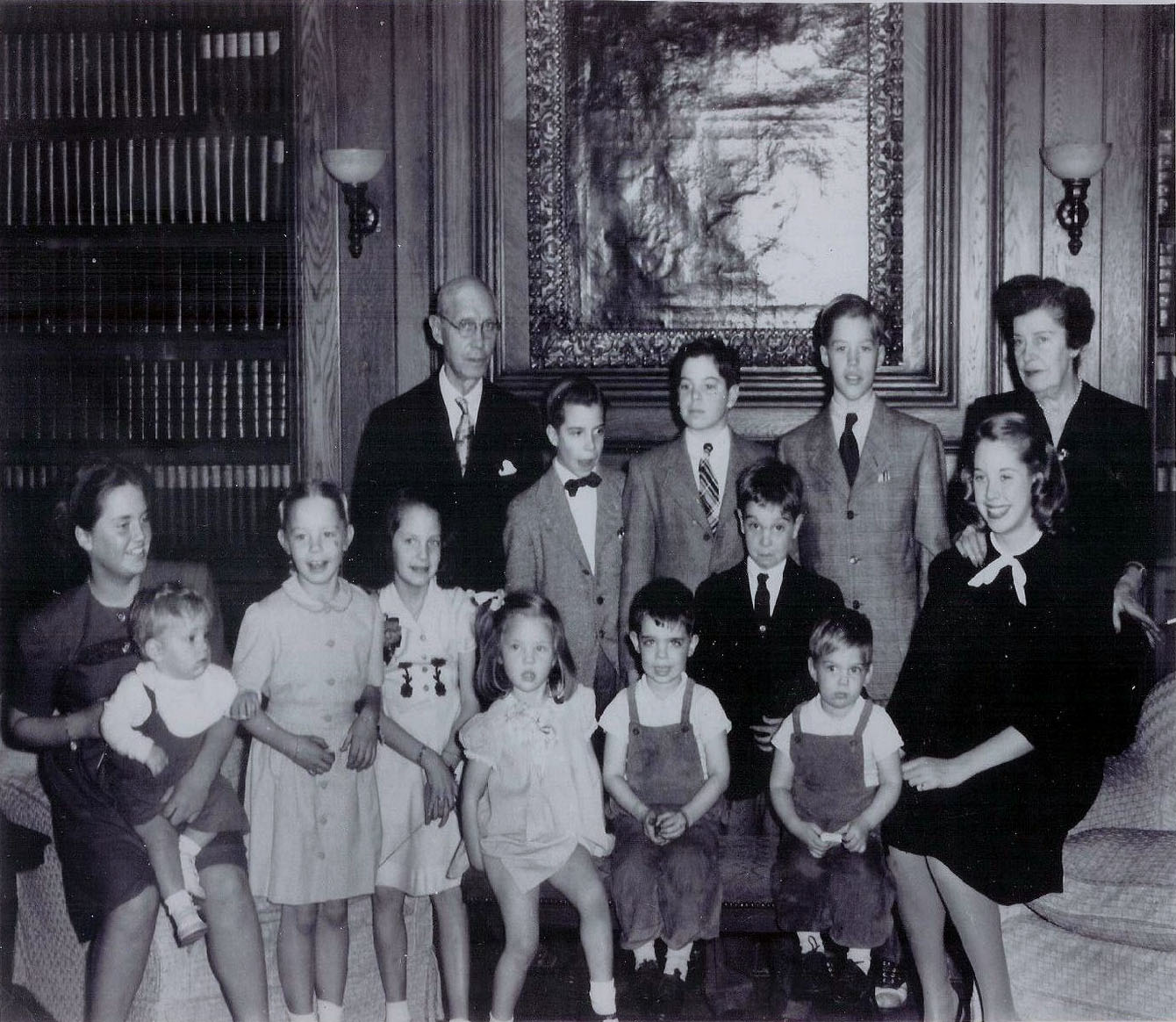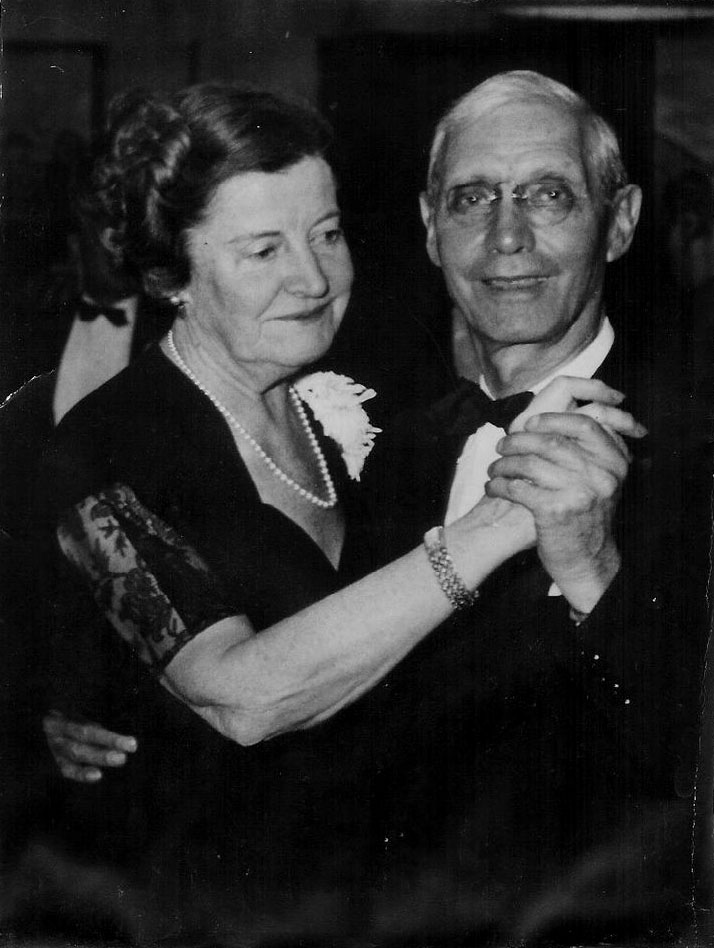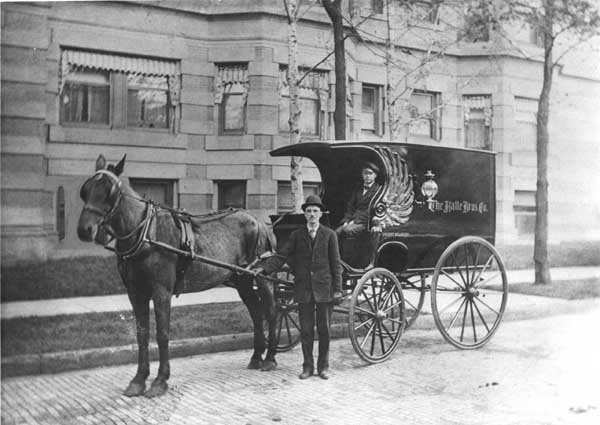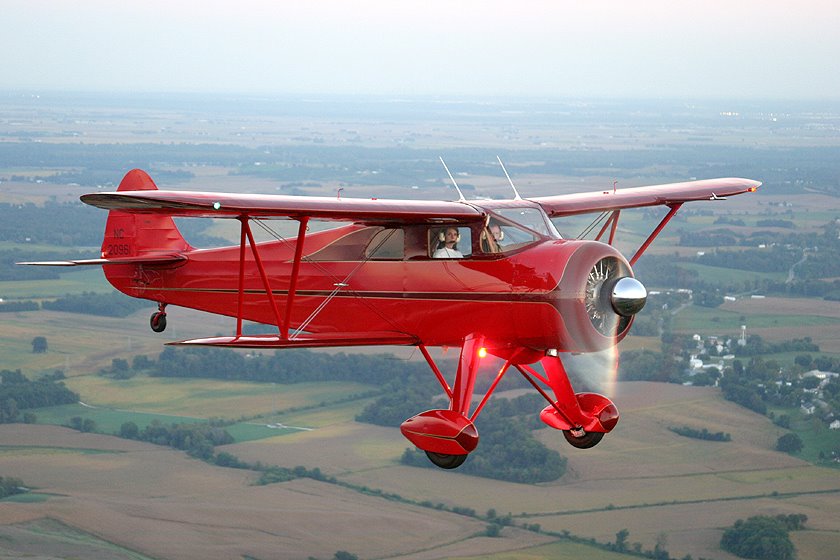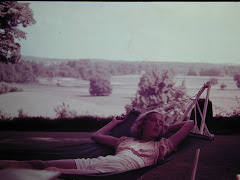PAGET MARSH

Fern forest at Paget Marsh
Paget Marsh covers an area of 25 acres and is the last sizeable tract of land in Bermuda to have survived almost unmodified by man since prehistoric time.
It is managed jointly as a nature reserve by the Bermuda Audubon Society and the Bermuda National Trust.
The marsh is dominated by the last remaining forest of endemic Bermuda Palmetto and
 Bermuda Cedar. It also features all types of marsh habitats in Bermuda, including a mangrove pond. As the mangroves have largely overgrown the water, a new half-acre pond was excavated in 1998, and work was begun on the construction of a boardwalk, starting at the Lovers' Lane entrance to the reserve. The new pond is called "David's Pond", after the prime mover in the drive for a boardwalk, Government Conservation Officer Dr David Wingate, and is attracting an ever-increasing number of waterbird species. The old pond is named "Dennis's Pond", in honor of Mr Dennis Sherwin, former President of the Bermuda National Trust, who donated the money for the boardwalk.
Bermuda Cedar. It also features all types of marsh habitats in Bermuda, including a mangrove pond. As the mangroves have largely overgrown the water, a new half-acre pond was excavated in 1998, and work was begun on the construction of a boardwalk, starting at the Lovers' Lane entrance to the reserve. The new pond is called "David's Pond", after the prime mover in the drive for a boardwalk, Government Conservation Officer Dr David Wingate, and is attracting an ever-increasing number of waterbird species. The old pond is named "Dennis's Pond", in honor of Mr Dennis Sherwin, former President of the Bermuda National Trust, who donated the money for the boardwalk. 
300 feet of boardwalk have been completed in the first phase, taking people through the five different ecosystems. Dr Wingate says, "There are pure stands of red mangrove, saw-grass, savanna, original cedar and palmetto canopy, with native ferns covering the floor, and intermediate woodland with wax myrtle, wood shrubs and bushy areas. The boardwalk goes through all these habitats."
Work on culling invasive exotic species in Paget Marsh was started by Dr Wingate in 1976. With the assistance of volunteers from the National Trust, Dr Wingate removed wild guavas, marlberry, Chinese fan palm, pittosporum, and Brazil pepper, and, as space was created, endemic and native species flourished anew. Much to his delight, Dr Wingate found that endemic plants which were not growing there in 1976 sprang up at a later date.
Before the building of the boardwalk, exploring  the marsh was not only an extremely muddy experience, it was hazardous to both explorer and nature. A profusion of poison ivy threatened the safety of the explorer, while the explorer's feet inflicted damage on the species to be found underfoot. Now one can avoid the poison ivy and admire the many varieties of ferns and grasses without treading on them.
the marsh was not only an extremely muddy experience, it was hazardous to both explorer and nature. A profusion of poison ivy threatened the safety of the explorer, while the explorer's feet inflicted damage on the species to be found underfoot. Now one can avoid the poison ivy and admire the many varieties of ferns and grasses without treading on them.
 the marsh was not only an extremely muddy experience, it was hazardous to both explorer and nature. A profusion of poison ivy threatened the safety of the explorer, while the explorer's feet inflicted damage on the species to be found underfoot. Now one can avoid the poison ivy and admire the many varieties of ferns and grasses without treading on them.
the marsh was not only an extremely muddy experience, it was hazardous to both explorer and nature. A profusion of poison ivy threatened the safety of the explorer, while the explorer's feet inflicted damage on the species to be found underfoot. Now one can avoid the poison ivy and admire the many varieties of ferns and grasses without treading on them. 
In Paget Marsh one can obtain a clear impression of how Bermuda's interior valleys looked to the first settlers before clearing began. The palmettos are so numerous that the ground is covered with dead leaf fronds. This forest of palmettos represents a climax forest, where new seedlings of the species cannot mature until the death of a mature tree allows the necessary light to reach the seedlings.



